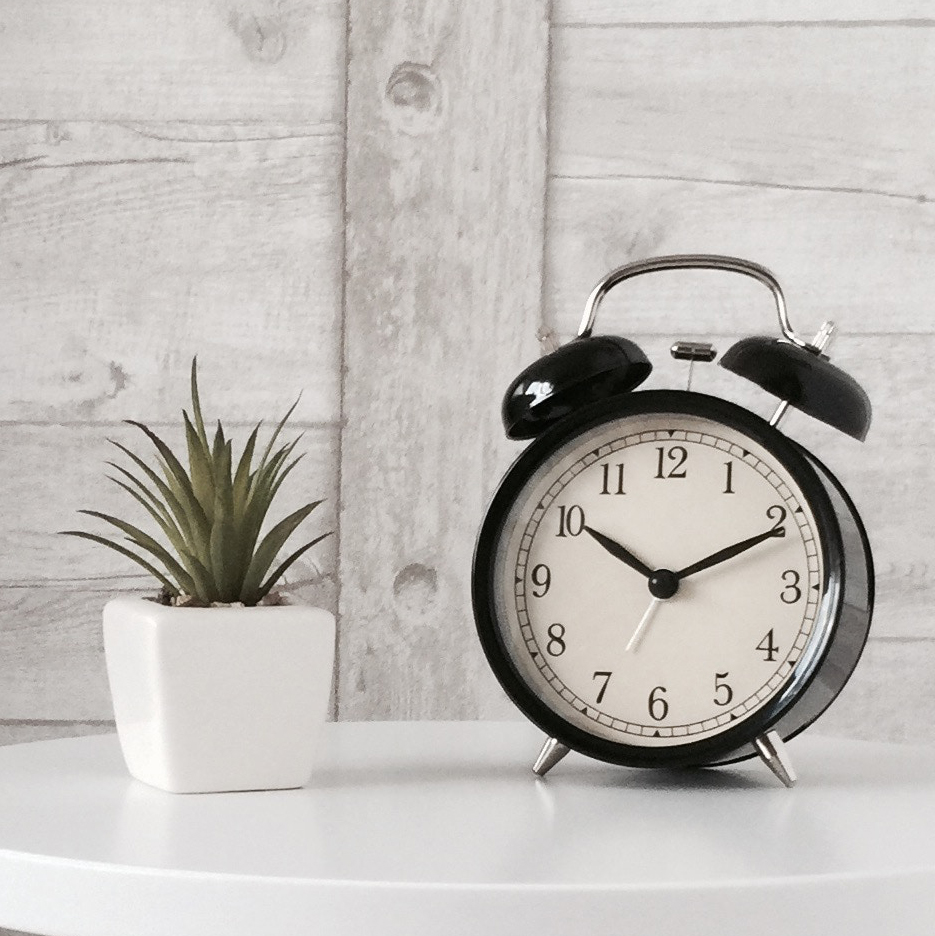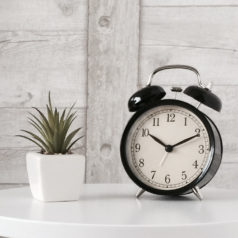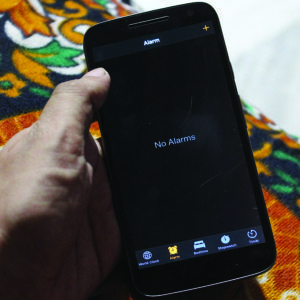We’ve all had our clocks thrown off from time to time. Travel, social events, or adjusting to newborn sleep habits can all disrupt your circadian rhythm. When this happens, we tend to experience more energy dips throughout the day. When it happens consistently, we can experience longer term consequences. Some of the mental consequences can include moodiness, lack of mental clarity, and lower stress tolerance. Some of the physical consequences can include: weight fluctuation, weakened immunity, and even a greater risk of heart disease.
The invention of the lightbulb affected more than the candlestick business. It’s affected our ability to wind down before bed. Dim bedtime lighting helps transition us into the relaxed state we need for sleep. False “sunlight” can fool your brain into producing sleep inhibiting cortisol. This throws your circadian rhythm off track.
The lightbulb was only the beginning. Today, we’re inundated with screens from sunrise to sunset, and into the dark hours of the night.
The biggest culprits? Bright lights, smartphones, tablets, and TV before bed (source, chapter 3).







